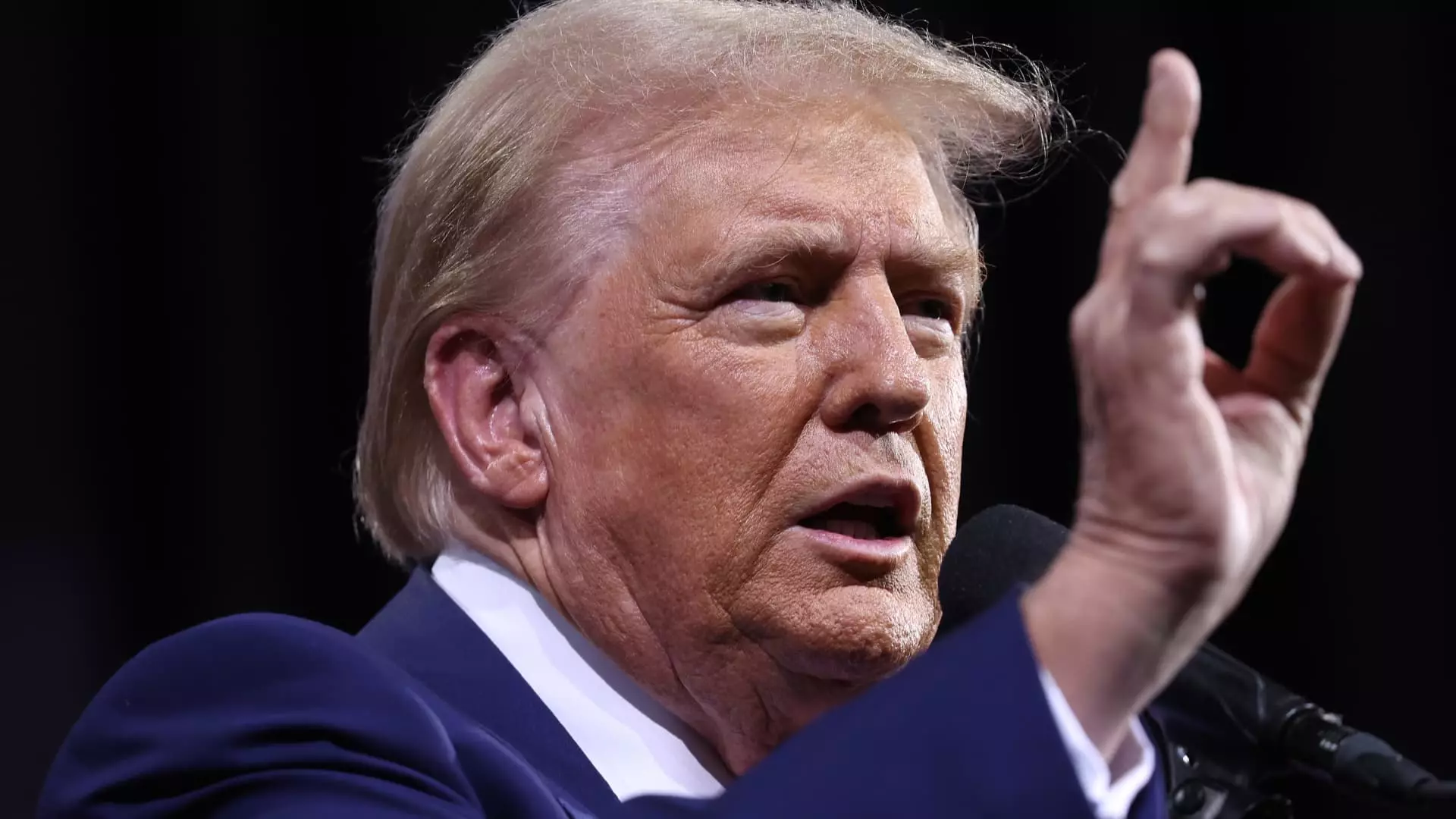At a recent campaign rally in Tucson, Arizona, former President Donald Trump made headlines by pledging to eliminate taxes on overtime pay if he secures a second term in office. This announcement came shortly after a high-profile debate against Vice President Kamala Harris, reflecting a strategic pivot aimed at energizing his voter base. By promoting the idea of tax-free overtime, Trump is tapping into the long-standing discourse surrounding worker compensation and economic incentive structures in the United States.
Trump’s assertion that overtime pay would be rendered tax-free carries significant implications for both workers and employers. By removing taxes on earnings beyond the conventional 40-hour workweek, Trump argues that it would encourage individuals to work longer hours. This idea is grounded in the notion that financial incentives typically motivate increased productivity and job commitment. However, critics may argue this proposal simplifies the complexities of labor relations and economic stability.
The historical context of this proposal cannot be overlooked. The Fair Labor Standards Act of 1938 established the framework for overtime compensation by mandating that workers receive at least 1.5 times their regular pay for hours worked beyond 40 in a week. As such, any changes to the tax code surrounding this framework could provoke extensive debates about labor rights, economic justice, and the responsibilities of corporations towards their employees.
Despite the immediate excitement generated by Trump’s proposal, the response from the opposing political camp has been largely absent. The Harris campaign did not offer substantial commentary on Trump’s pledge, indicating a potentially calculated approach to engage in a more comprehensive debate on the implications of such a sweeping change to fiscal policy. Instead, both camps may be preparing for further discussions as the campaign season progresses, analyzing public sentiment and economic data to guide their rhetoric and strategy.
Moreover, the proposal follows a track record of Trump’s earlier initiatives, including calls to eliminate taxes on tips. This incremental approach may be aimed at building a platform that resonates with lower- and middle-income voters who often depend on overtime pay to meet their living expenses.
While the appeal of tax-free overtime pay is clear, the logistics and potential consequences of implementing such a policy merit careful consideration. Critics might argue that eliminating taxes on overtime could disproportionately benefit higher earners who are more likely to work substantial overtime hours. In contrast, low-wage workers—often in sectors where overtime is prevalent—may find themselves stuck in cycles that do not fully capitalize on the supposed benefits of this proposal.
In addition, the long-term effects of such tax changes on state and federal revenue will require thorough examination. Lawmakers must weigh the potential economic boost that incentivized labor could provide against the fiscal implications of foregoing substantial tax revenues.
Donald Trump’s proposal to eliminate taxes on overtime pay undoubtedly positions him to appeal to voters focused on economic opportunity and job growth; however, it also raises pressing questions about the nature of work, compensation, and corporate responsibility in a modern economy. As the campaign season continues, it remains to be seen whether this bold proclamation can shift the political landscape or if it will fall into the backdrop of a deeply polarized electoral environment.


Leave a Reply